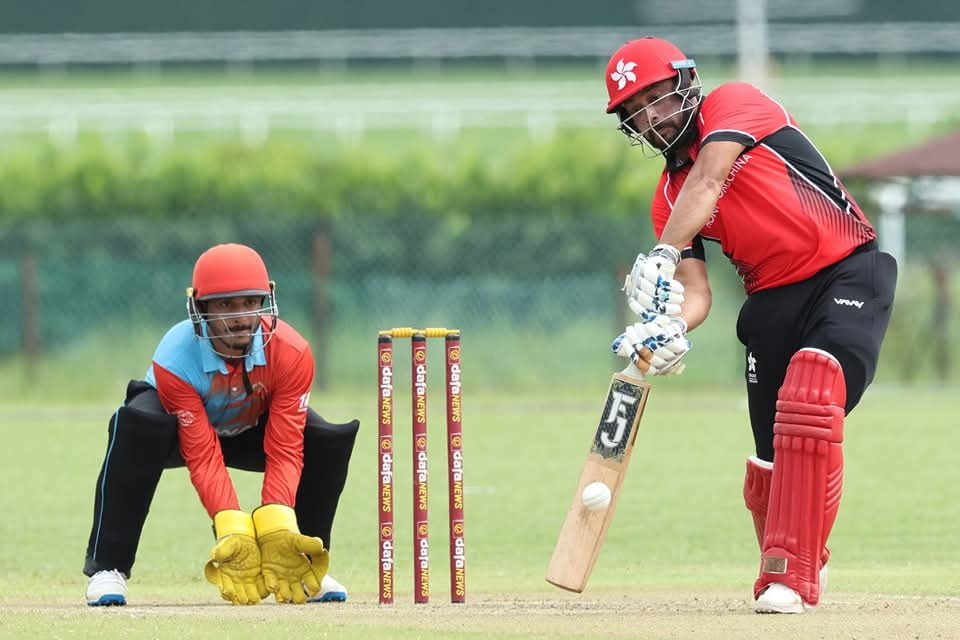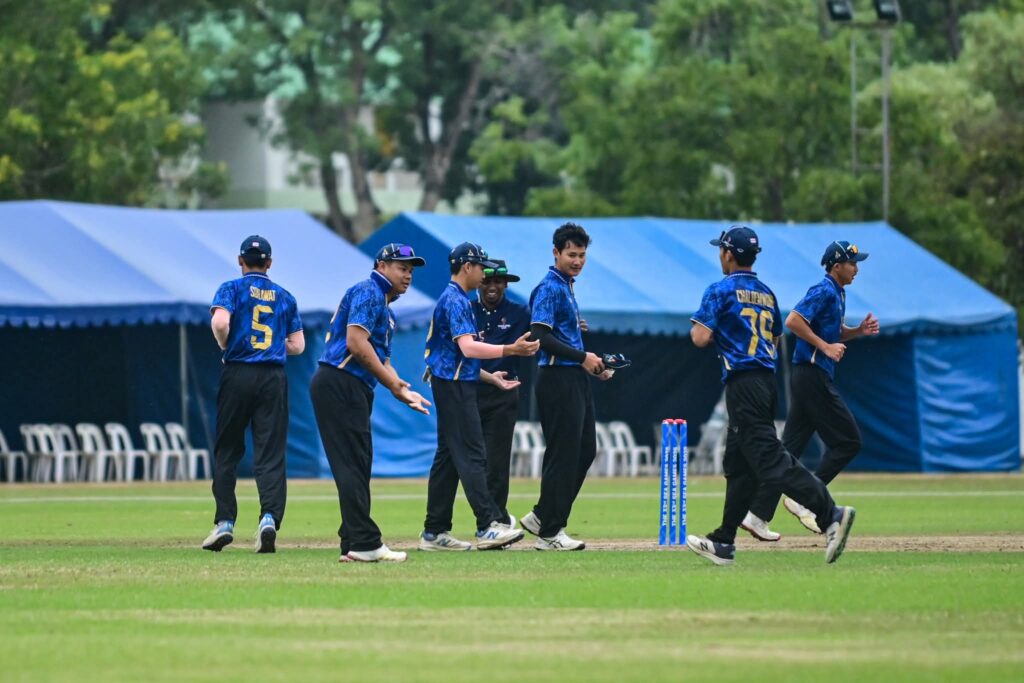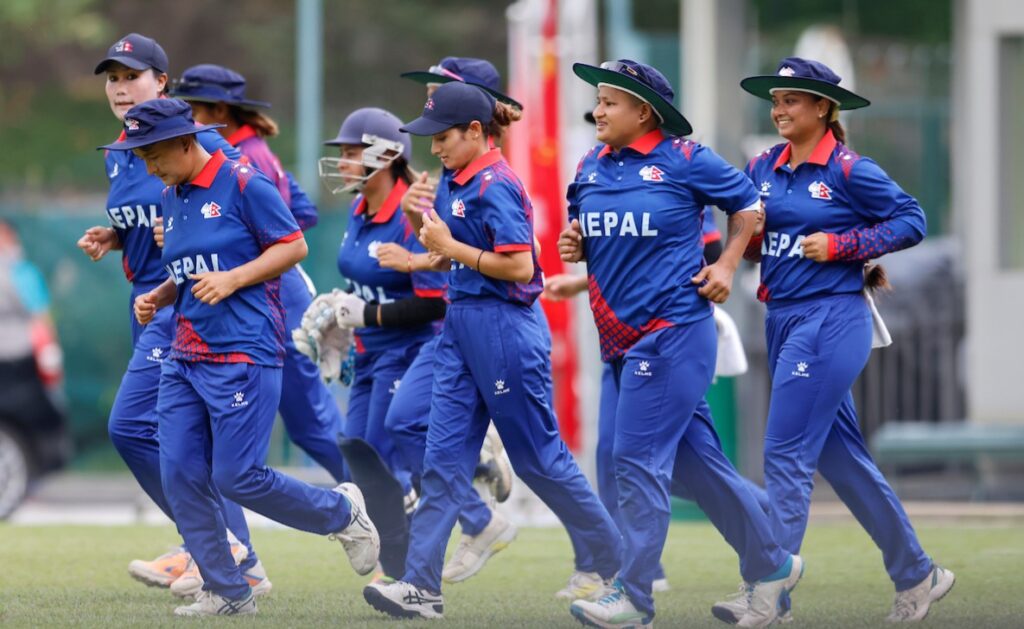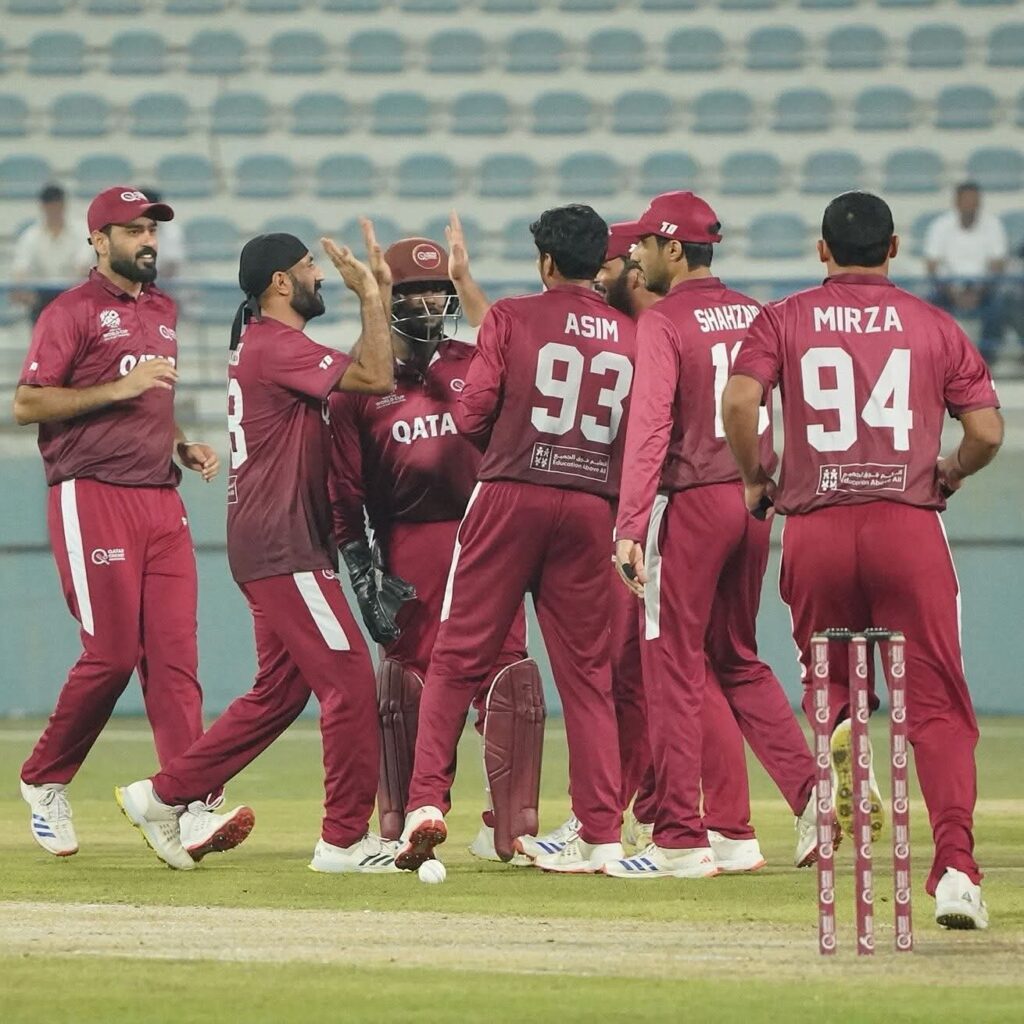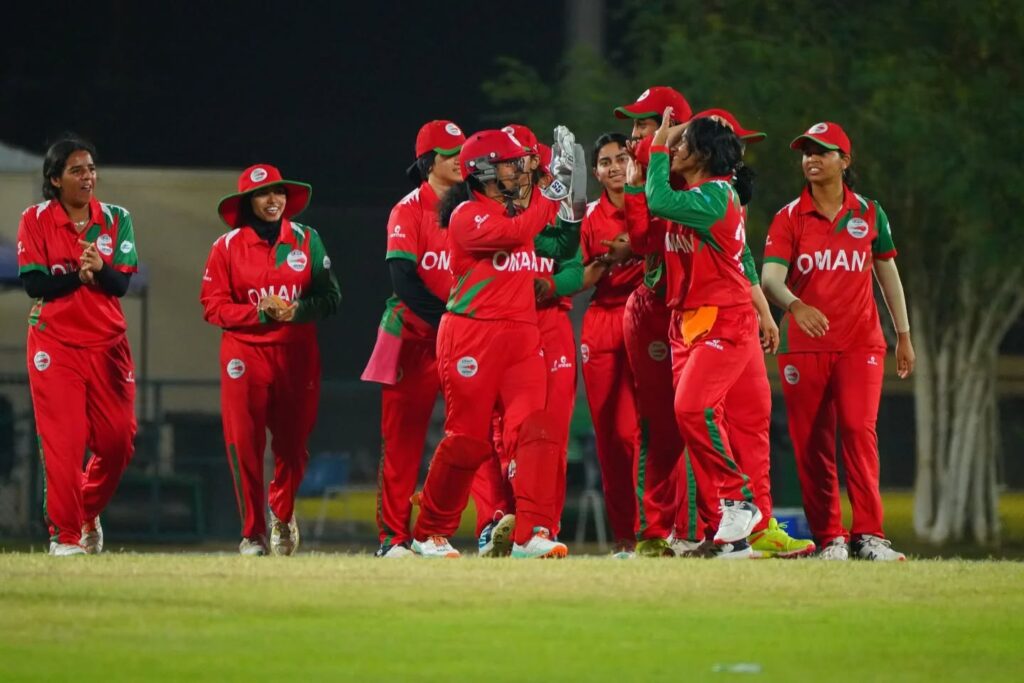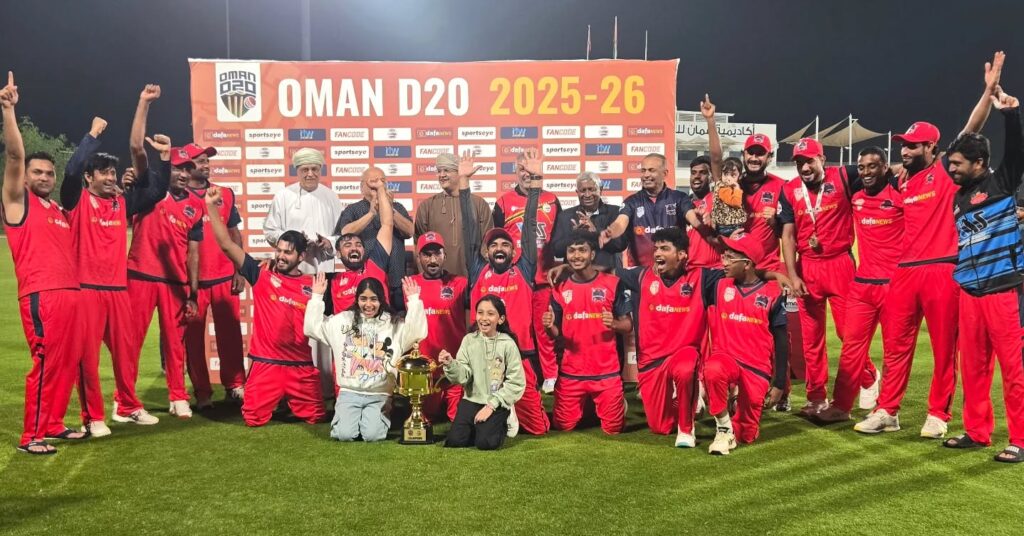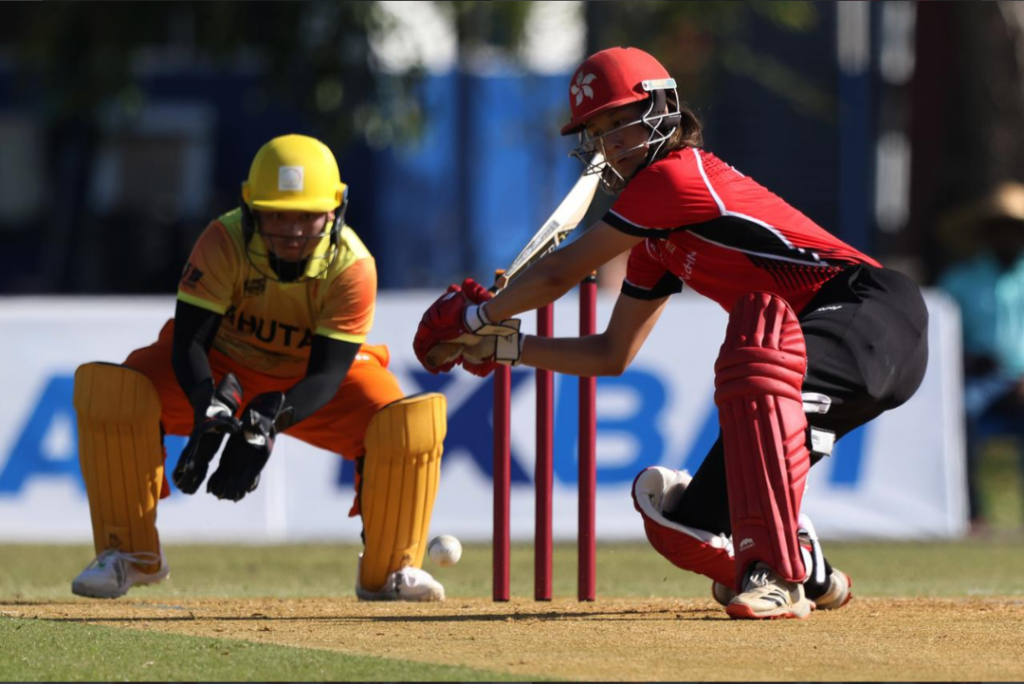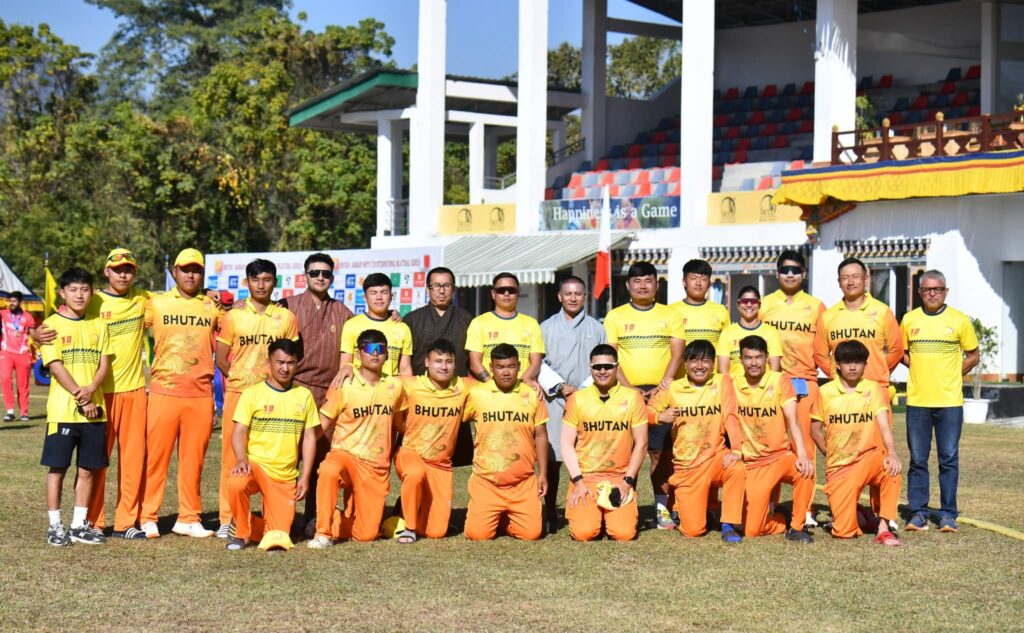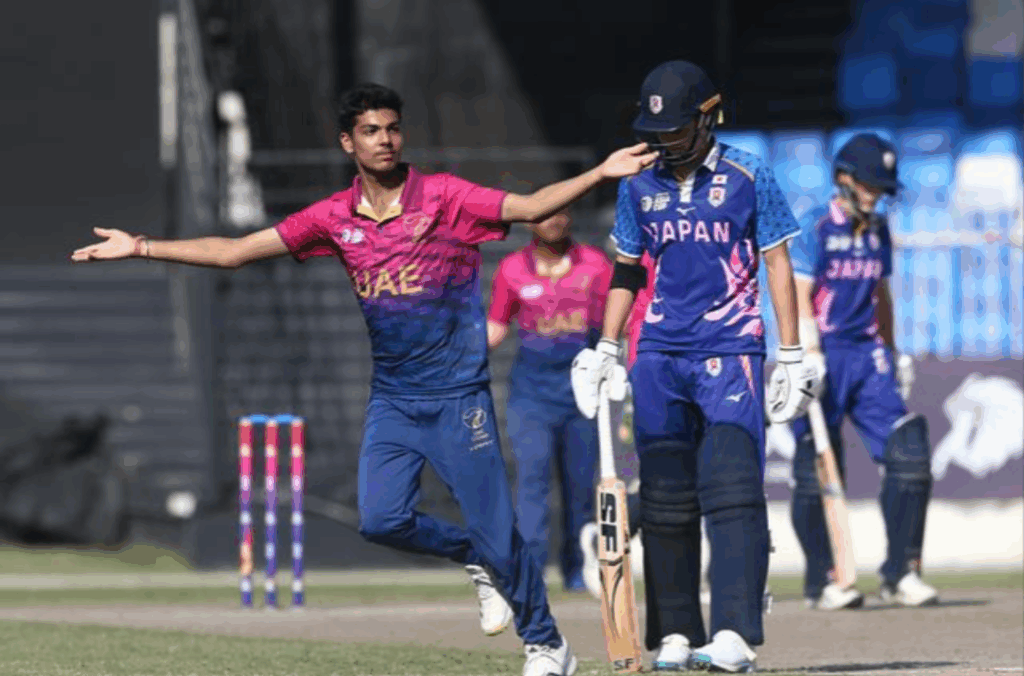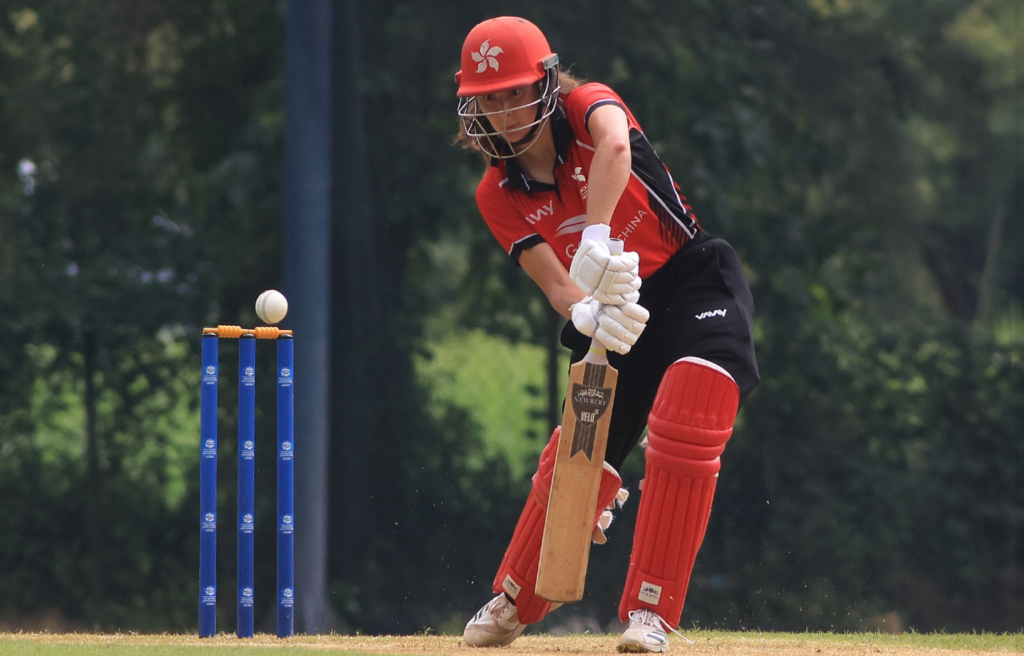Much like ICC’s decision to award Women’s ODI status to select Associate member countries (although the criteria is not yet known much about), a similar approach needs to be formulated to provide regular Test/First-Class matches for the countries, who are not part of the World Test Championship (WTC) structure. Two of those three members are the last additions to Full membership status, Ireland and Afghanistan, and since their elevation to Test status more than four (4) years ago, there still remains a huge gap in terms of them getting the opportunity to play regular Test matches or First-Class matches against all the other Full member countries.
A second (2nd) division of WTC has the ability to bridge the gap a bit, by most likely including the countries currently in ICC CWC League 2 Championship and Netherlands (part of CWC Super League). Enabling them to again play First-Class cricket (after the cancellation of ICC Intercontinental Cup in 2017, which being the last edition) will not only get the players back to playing the red-ball game, it would also enable regular Test/First-Class matches for both Ireland and Afghanistan against their opponents in the 2nd division.
The last time a participating country in League 2 played a first-class game was back in 2019, when Nepal played a 3-day game with the visiting team of Marylebone Cricket Club (MCC) on their 1st Legacy tour of Nepal. Although players from Netherlands and Scotland are playing First-class games for their respective Clubs in England’s County Championship, it’s the lack of similar status games for the National squads of the countries, that has been missing for quite a while now. There would be an opportunity as well to try and have a promotion and relegation system in place for WTC, with the winner of the 2nd division replacing the bottom-placed country in the WTC for the next cycle.
Although a proposal was sent across to the boards couple of years back by ICC, asking them for their interest on playing First-Class matches against fellow Associate members on a cost-sharing expense model for having the matches hosted by each of the participating countries, the lack of enough response did not materialize the issue to go further into discussion and implementation stage.

